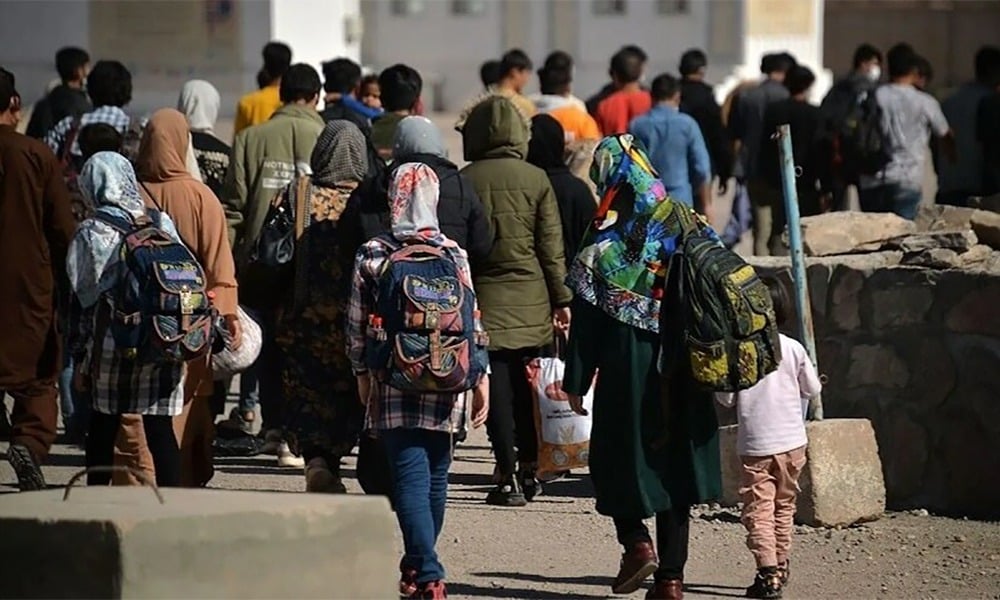Germany’s future government is set to reinstate deportation flights to Afghanistan and Syria as part of a sweeping immigration policy targeting undocumented migrants and rejected asylum seekers, according to reports from German media.
Deutsche Welle reported on Thursday that the new policy aims to return approximately 200,000 individuals currently residing in Germany under the “tolerated” (Duldung) immigration status. This marks a significant shift in Berlin’s migration strategy and signals a tougher stance on irregular migration.
Afghan nationals, who constitute one of the largest asylum-seeking communities in Germany, are among the most affected. The policy reportedly seeks to accelerate the repatriation process for Afghan migrants, a move that has sparked concern among humanitarian and migrant advocacy groups.
“We will carry out deportations and return flights to Afghanistan and Syria. The German people can count on this promise,” said Thorsten Frei, head of the Christian Democratic Union’s parliamentary group, in a statement to Bild newspaper.
Germany had suspended deportations to Afghanistan following the Taliban’s takeover in August 2021, citing human rights concerns. However, increasing political pressure at home has led the incoming government to reconsider its position.
The country carried out its first deportation flight to Afghanistan in August 2024, returning 28 Afghan men convicted of criminal offences. The operation, facilitated through a Qatar-mediated arrangement, was viewed as a trial run for broader deportation efforts.
The renewed policy, expected to take effect following the February 2025 elections, is anticipated to expand deportations beyond individuals with criminal convictions to include all rejected asylum seekers.
The decision underscores a growing domestic debate over the balance between national security and humanitarian responsibility. With thousands of individuals facing uncertain futures, migrant rights organisations have warned that the policy risks undermining Germany’s international obligations to protect vulnerable populations.





